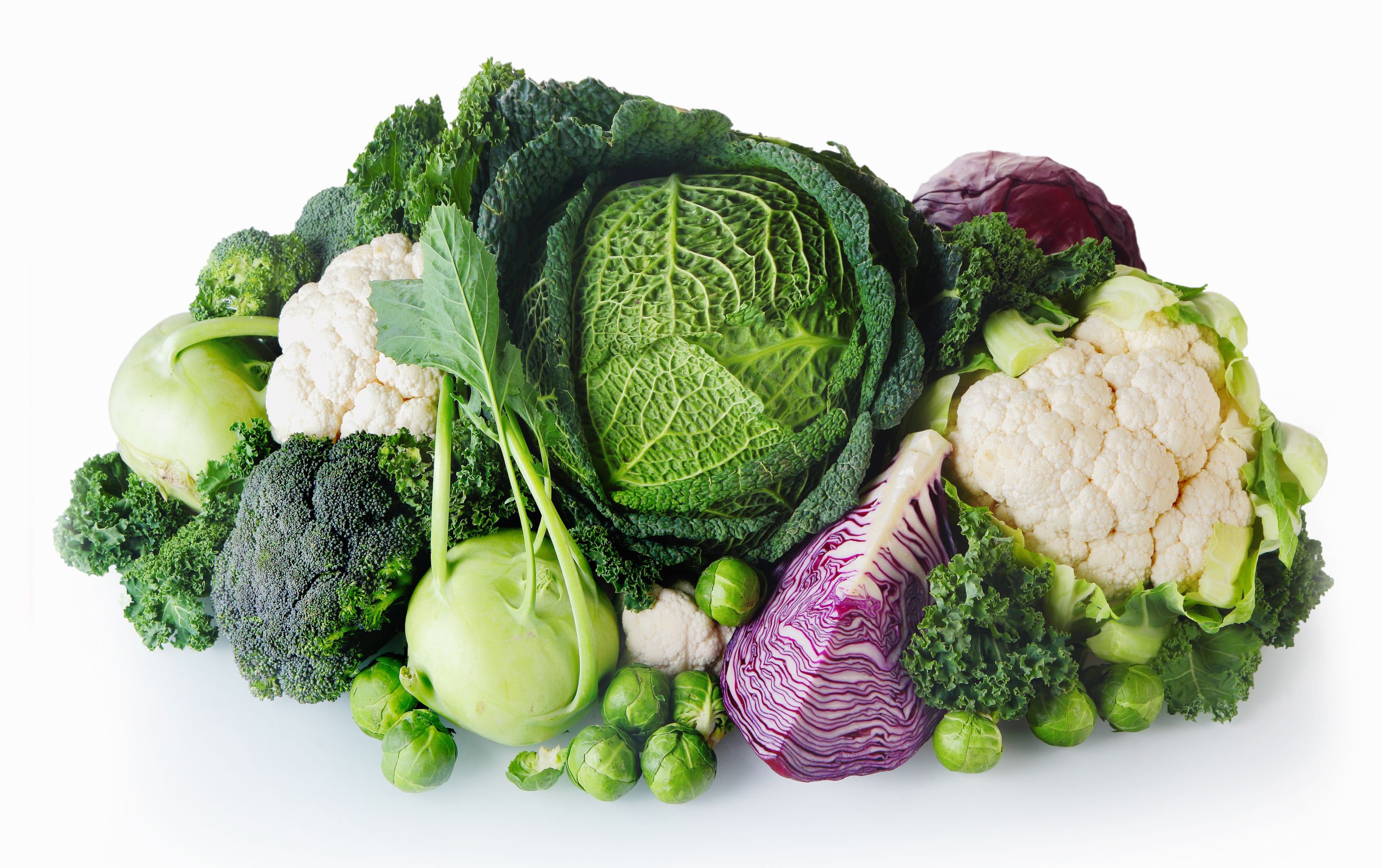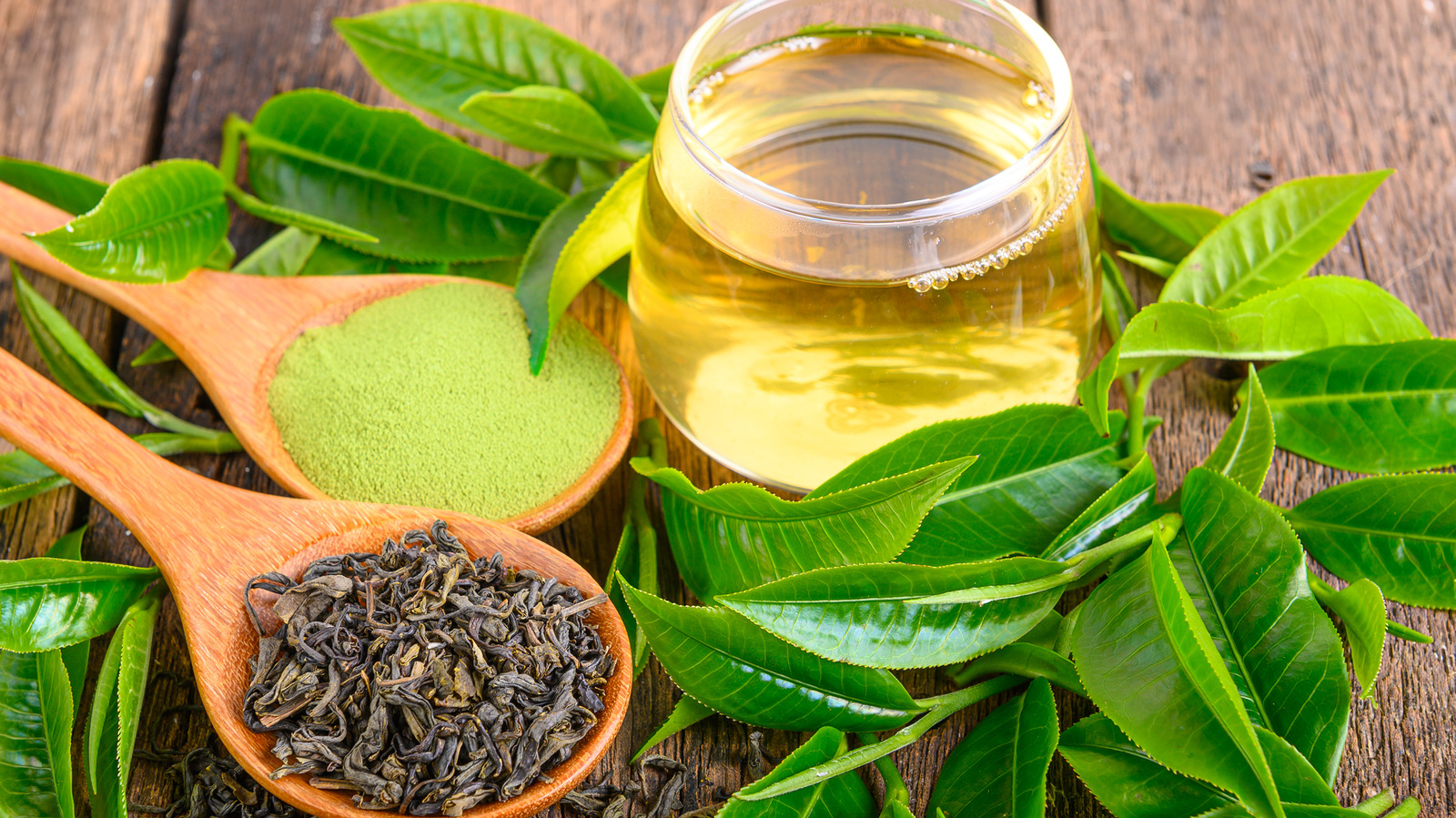Hepatitis, characterized by liver inflammation, can lead to oxidative stress and chronic inflammation, which further contribute to the progression of the disease. Fortunately, incorporating foods rich in antioxidants into your diet can be an effective strategy for reducing oxidative stress and inflammation in hepatitis. Antioxidants play a vital role in neutralizing harmful free radicals and protecting the liver from damage. In this article, we will explore the top five helpful pieces of information about foods rich in antioxidants that can aid in reducing oxidative stress and inflammation, promoting liver health in individuals with hepatitis.
1, Importance of Antioxidants.
the importance of antioxidants in supporting liver health and reducing inflammation associated with hepatitis. Hepatitis, which involves liver inflammation, can lead to oxidative stress, a condition in which there is an imbalance between the production of harmful free radicals and the body's ability to neutralize them with antioxidants.
Oxidative stress can further damage liver cells and contribute to the progression of hepatitis. Antioxidants are compounds that help counteract the effects of oxidative stress by neutralizing free radicals and reducing inflammation. By including foods rich in antioxidants in your diet, you can help support liver health and potentially alleviate some of the symptoms associated with hepatitis.
Here are some commonly available foods that are rich in antioxidants:.
Fruits and vegetables: Colorful fruits and vegetables such as berries, citrus fruits, leafy greens, broccoli, and bell peppers are excellent sources of antioxidants like vitamin C, vitamin E, and various phytochemicals.
Nuts and seeds: Almonds, walnuts, flaxseeds, and chia seeds are examples of antioxidant-rich foods. They provide healthy fats and other beneficial nutrients along with antioxidants.
Green tea: Green tea contains catechins, which are potent antioxidants that have been shown to have protective effects on the liver.
Herbs and spices: Turmeric, ginger, cinnamon, and garlic are known for their antioxidant properties and can be included in your diet to support liver health.
Dark chocolate: Dark chocolate with a high cocoa content contains flavonoids, which are antioxidants that may have beneficial effects on liver health.
Remember, while antioxidants can be beneficial for liver health, they should be part of a well-balanced diet that includes a variety of nutrients. It is always recommended to consult with a healthcare professional or a registered dietitian who can provide personalized advice based on your specific health condition.
2, Berries.
Berries, including blueberries, strawberries, raspberries, and blackberries, are indeed excellent sources of antioxidants, particularly anthocyanins. Anthocyanins are a group of pigments responsible for the vibrant colors of berries, and they possess powerful antioxidant and anti-inflammatory properties.
Studies have shown that anthocyanins can help reduce inflammation and oxidative stress in the liver, making them beneficial for individuals with hepatitis. These compounds have been found to have protective effects on liver cells and may help mitigate the progression of liver damage.
Including a variety of berries in your diet can provide a wide range of antioxidants, vitamins, and minerals, which are essential for overall liver health. They can be enjoyed fresh, added to smoothies, incorporated into salads, or used as toppings for yogurt or oatmeal.
It's important to note that while including antioxidant-rich foods like berries in your diet can be beneficial, they should not replace medical treatment or advice from healthcare professionals. If you have hepatitis or any liver condition, it's crucial to work closely with your healthcare provider to manage your condition effectively.
3, Cruciferous Vegetables.
Cruciferous vegetables such as broccoli, cauliflower, kale, and Brussels sprouts are excellent additions to a liver-healthy diet. They are rich in antioxidants, including vitamins C and E, as well as various phytochemicals like sulforaphane.
These antioxidants help protect the liver from inflammation and oxidative damage by neutralizing harmful free radicals and reducing oxidative stress. Sulforaphane, in particular, has been extensively studied for its potential benefits in liver health. It has been found to possess anti-inflammatory, antioxidant, and detoxification properties, which can support liver function and reduce the risk of liver damage.
Including cruciferous vegetables in your diet provides a wide array of nutrients, including fiber, vitamins, and minerals, along with their antioxidant properties. These vegetables can be enjoyed steamed, roasted, sautéed, or added to salads and stir-fries.
It's important to note that while incorporating cruciferous vegetables can be beneficial for liver health, they should be part of a balanced diet that includes a variety of foods. Additionally, it's always advisable to consult with a healthcare professional or a registered dietitian for personalized dietary recommendations, especially if you have a liver condition such as hepatitis.
4, Green Tea.
Green tea is indeed a popular beverage that contains high levels of antioxidants, particularly catechins such as epigallocatechin gallate (EGCG). These catechins have been extensively studied for their potential health benefits, including their anti-inflammatory and antioxidant properties.
Research suggests that the consumption of green tea may help reduce liver inflammation and improve liver function, which can be beneficial for individuals with hepatitis. The antioxidants in green tea help combat oxidative stress and reduce inflammation in the liver, potentially mitigating liver damage and supporting overall liver health.
In addition to its antioxidant properties, green tea has also been associated with other potential benefits, such as improving insulin sensitivity, aiding in weight management, and reducing the risk of certain chronic diseases.
To incorporate green tea into your routine, you can brew it using tea bags or loose leaves and enjoy it hot or cold. It's worth noting that while green tea is generally considered safe, it does contain caffeine, so it's important to consume it in moderation, especially if you're sensitive to caffeine or have any preexisting health conditions.
As always, it's advisable to consult with a healthcare professional for personalized advice, especially if you have hepatitis or any liver condition.
5, Nuts and Seeds.
Nuts and seeds, such as walnuts, almonds, flaxseeds, and chia seeds, are highly nutritious and offer a multitude of health benefits, including their antioxidant content. They contain a variety of antioxidants, including vitamin E, which can help reduce inflammation and oxidative stress in hepatitis.
Vitamin E, in particular, is a potent antioxidant that helps protect cells from damage caused by free radicals and oxidative stress. It plays a crucial role in supporting liver health and preventing liver damage.
In addition to antioxidants, nuts and seeds are rich in healthy fats, fiber, protein, vitamins, and minerals. These nutrients contribute to overall well-being and can help support liver function.
Including a variety of nuts and seeds in your diet is a great way to reap their nutritional benefits. You can enjoy them as a snack, add them to salads, sprinkle them on yogurt or oatmeal, or use them in baking and cooking.
It's important to note that while nuts and seeds can be beneficial for liver health, they are also calorie-dense. Therefore, portion control is important, especially if you're watching your overall calorie intake. Additionally, if you have any specific dietary restrictions or allergies, it's important to choose nuts and seeds that are suitable for your individual needs.
As always, it's recommended to consult with a healthcare professional or a registered dietitian for personalized dietary advice, particularly if you have hepatitis or any liver condition.
Incorporating antioxidant-rich foods into your diet can provide valuable support for reducing oxidative stress and inflammation in hepatitis. Berries, cruciferous vegetables, green tea, and nuts and seeds are excellent sources of antioxidants that possess anti-inflammatory and liver-protective properties. By including these foods in your regular meals and snacks, you can enhance your liver health and potentially mitigate the effects of hepatitis. However, it is crucial to consult with a healthcare professional or registered dietitian to develop a personalized nutrition plan that suits your specific needs. By prioritizing antioxidant-rich foods, you can take a proactive approach towards managing hepatitis and promoting overall well-being.




Comments
Post a Comment